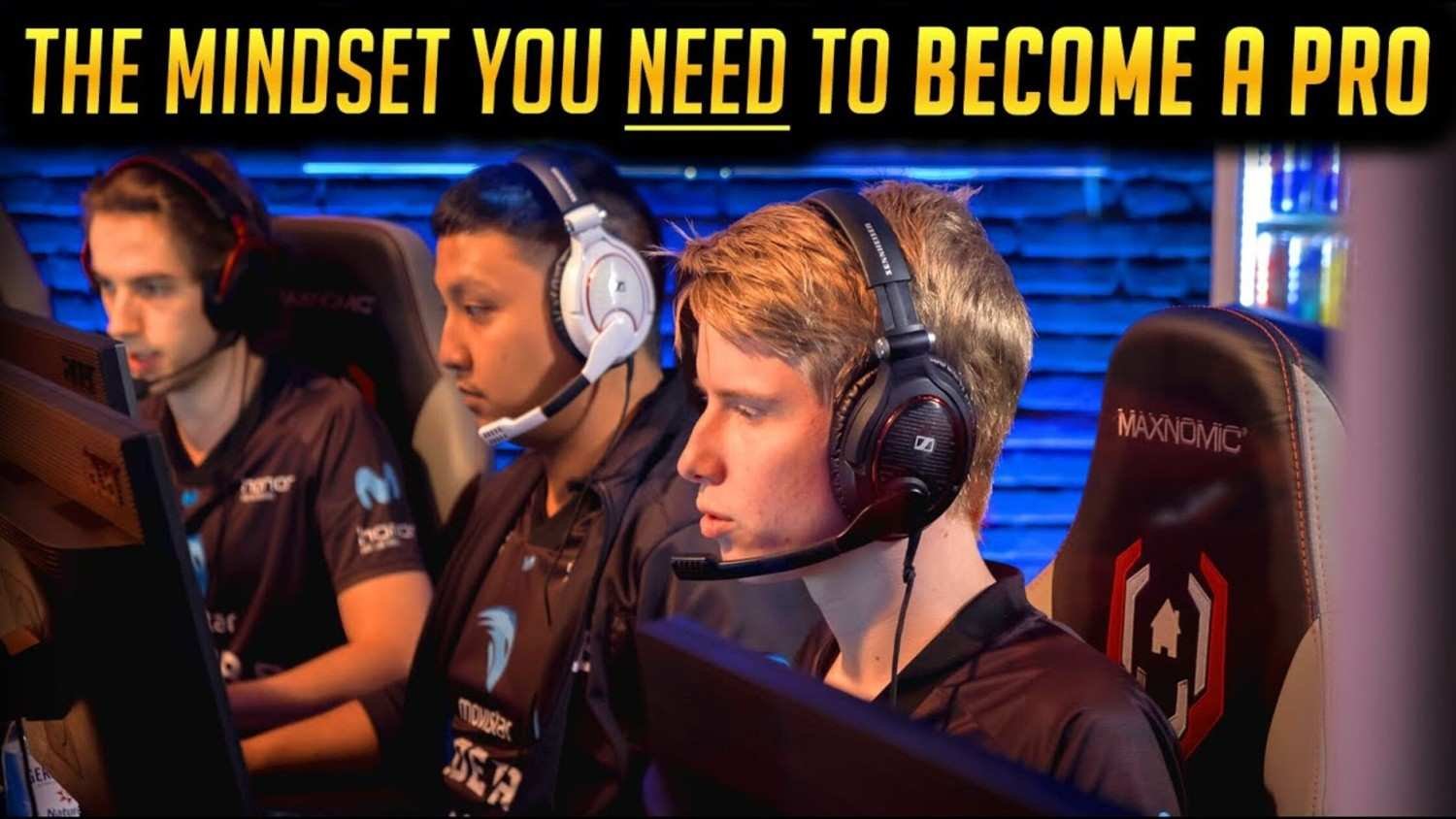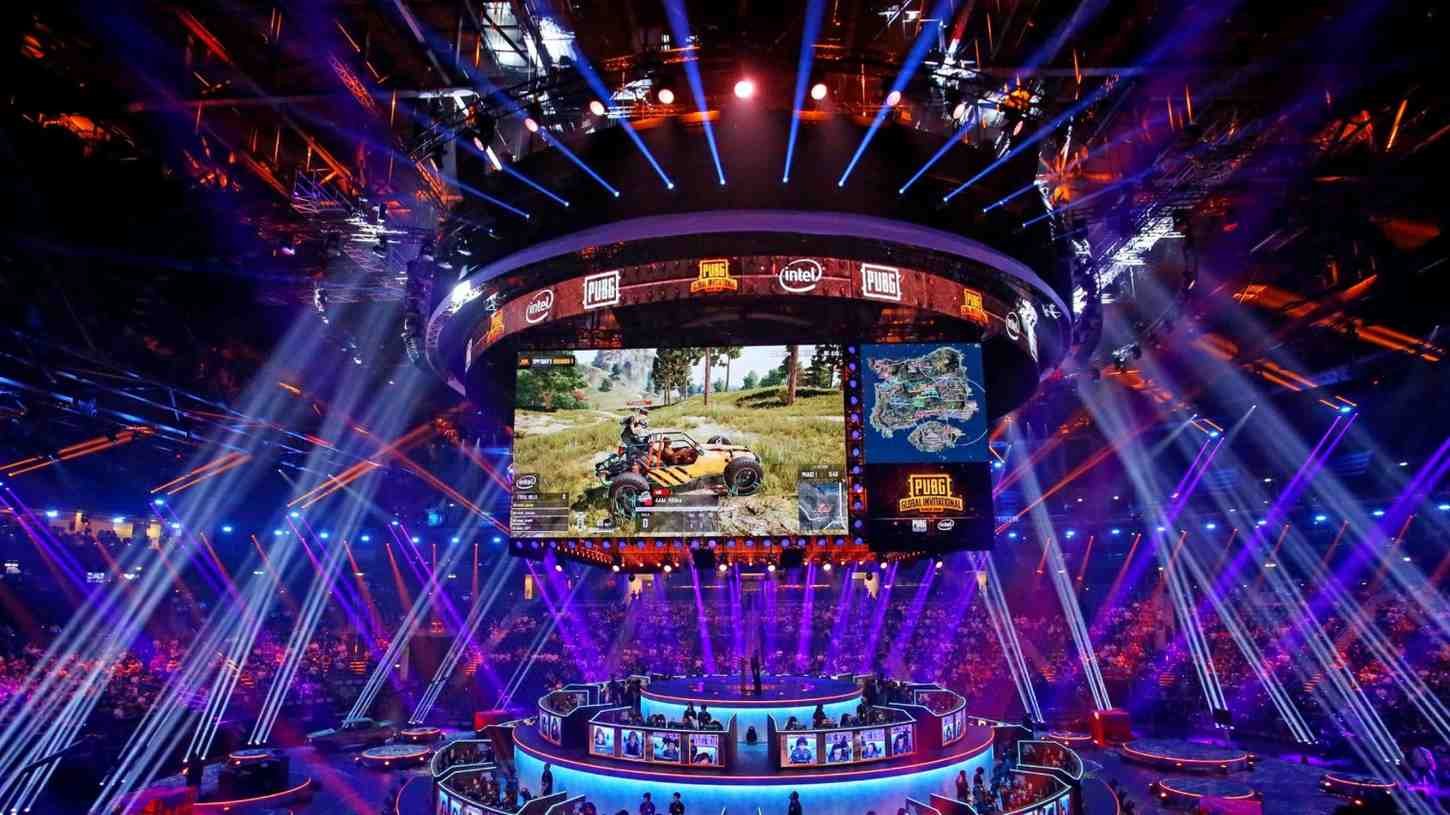Nerves: You’re just about to go into that all-important game, and your hands are starting to sweat, and your heart is getting a little faster, and now your fingers are feeling like sausages. Sound familiar? Nervousness in competitive gaming is as common as lag spikes, but knowing why we get nervous is the first step in overcoming it.
The situation our brains are wired for is that of a high-stakes saber-tooth. Be it that, or a ranked match of “League of Legends,” the body always reacts the same way: being ready to fight or fly. While this adrenaline could possibly save our ancestors, in the world of the game, it often turns into shaky hands and poor decisions.
Really, the important thing is to realize that it’s okay to have these feelings. Everyone from the top esports pros to the weekend warrior experiences anxiety. The big difference? How you manage it. So let’s look at turning nerves into confidence.
Table of Contents
TogglePrime Preparation: Practice, Practice, Practice
You wouldn’t run a marathon without training, would you? Exactly. Same difference. The more you practice, the more the mechanics, strategies, and possible scenarios in the game become familiar. Practice doesn’t make perfect; it makes you confident.
Develop a strong foundation by mastering the basics. Get into training modes, learn the maps, and everything about your character or role; this is, therefore, basically a proper way to build up. That way, if something goes wrong or you start to lose, you have this base to work from and fall on in stress.
Also, simulate high-pressure situations during practice. Rank games or joining competitions can help acquaint you with the competition environment. The more you are exposed to this kind of situation, the better you get, and the quicker the transition from anxious to pressure-controlled turns into a much more controlled part of the routine.
See Yourself Winning
You may have likely come across the phrase, ‘If you can envision it, you can fulfill it. ’ In this case, it is completely different for the athletes and performers out there. Visualization is one of the best ways you can use to build your confidence especially in sports and other areas. The last point, the next time you play, just shut your eyes for a while and think about how you would like to play really well and to win this very game now.
Watch it in minute detail: your every move, what you choose, and what success feels like. This mental rehearsal readies your brain to succeed and, very often, steals away most of the anxiety that is all too common. It’s like somebody gave you a cheat code to your mindset.
What is more, it changes the focus from fearing failure to thinking about successes. The more one visualizes positive results, the more one believes these kinds of results can be achieved, and confidence automatically becomes a by-product of one’s mindset.
Breathing Techniques: Keep Calm and Game On
This, in turn—most of the time—only makes it worse. It’s like adding fuel to a fire. Your breathing becomes shallow and rapid, making the situation even more fodder for your anxiety. Being able to control your breathing will thus put you in a balanced state of calm and concentration. Deep rhythmic breathing sends the signal to the brain to chill out, flipping that fight-or-flight response to “cool.”.
So try this very simple technique: Breathe in deep for four seconds, hold for four seconds, and then exhale really slowly for four seconds. Do it a few times before the game, or even in-between during breaks. Of course, this tends to slow the pulse down and stop the free-flying worries in your brain for a whole lot of people.
Make deep breathing a regular part of your daily routine, not simply as a contest preparation strategy. Regular practice turns deep breathing into a conditioned response to stress, and helps one to maintain composure in the competitive fire.
The Power of Routine: Build Pre-Game Routines
Develop a pregame routine that anchors your body and mind, setting you up for success. This might be anything from what type of music you will play, doing some light stretching, eating your favorite snack, or sending your brain the signal that it’s time to focus and perform.
A routine makes people feel like they are in the groove and have some sense of normalcy and control. That can be hugely comforting in high-pressure situations. They help create this mental ‘warm-up’ that smoothly transitions you into game mode.
Experiment with different rituals to see what might work for you. What you are looking for is a series of actions that help calm you down, and primes your mind for competitive play. In every sense, over time, these routines serve as a very powerful tool in your confidence-building armory.
Watch and Learn from the Best Players: Observe the Pros
Observing those top players themselves and learning what they do and their decision-making will shed light and empower. Look at how they go about handling high-pressure situations, what strategies they are laying out, and what the decision-making process looks like. And, more times than not, these pros share a little bit of insight, a few tips and tricks that will really make a difference for you.
Twitch or YouTube streaming platforms are treasure troves for high-level gameplay. Look at how many of these high-tier players talk, their in-game decision-making, and the general demeanor with which they present themselves. Emulation of their tendencies can lead not just to a step up in confidence boosting but practical advantage as well.
These pro players speak of their own struggle with nerves, and how they overcame them; this can really be inspiring and reassuring, reminding one that great people also had to start somewhere and deal with their battles with anxiety.
Positive Self-Talk: Mind Over Matter
Self-talk is one of the biggest controlling features on performance. Where negative self-talk can crush confidence, the opposite is true. Positive self-talk can boost it. Start by listening to your inner monologue when you’re playing. Are you your worst critic, or your biggest cheerleader?
Yes, just replace these negative thoughts with affirming statements. If you’re thinking, “I’m going to mess up,” say inside, “I’ve practiced hard, and I’m ready for this.” It’s sometimes those small shifts in mindset that can make quite a big difference on a person’s stress.
Celebrate the smallest of victories. Did you make a really good play, or do something slightly less poorly than yesterday? Then tell yourself! Positive reinforcement breeds confidence and creates a self-feeding reward to keep pushing on.
Welcome Failure: Learn and Grow
Failure is the biggest ingredient for any successful endeavor. Instead of fearing it, welcome failure as the next thing to learn from. With every defeat, analyze exactly what went wrong, correct your methodology, and emerge a better person.
Be objective in your performances; outline the areas of improvement without necessarily being too hard on yourself. It’s a positive failure where it becomes a stepping stone in advancement through your journey but, at the same time, it’s a messenger in building the blocks of resilience and confidence.
Remind yourself: Most great players have had far more defects than successes on their way to the top. The difference is in their ability to learn to put it in its place and move forward. Viewed that way, you’ll find that failure isn’t nearly so intimidating or as devastating.
Staying Healthy: Sound Mind in Sound Body
Your physical health tops the agenda in matters regarding your mental health. Healthy habits that you could have to be able to focus clearly, steer clear of stress, and function at a higher level: exercise, healthy eating, and rest. Just like a healthy body, a healthy mind starts with a solid foundation.
Incorporate into your schedule activities that relax and clear your mind, such as yoga and meditation. These may be useful in ensuring that you do not have too much stress during play and that you do maintain a clear, focused state while playing. Also, don’t drink too much caffeine. It’s so easy and tempting to chug those energy drinks during all your late-night gaming sessions, but in all things, moderation is a must. The state of your body is reflected in the state of your mind, and finally, it brings forth confidence.
Volunteer in Your Community: Connect with Your Tribe
The gaming community is wide and varied but filled with like-minded people who share a passion and are willing to listen to others’ problems. Involving oneself with the community would provide the best support, encouragement, and valuable feedback that may help in the growth process. Sign up for forums, social media groups, and local gaming clubs. Share, tell your story, learn from someone else’s life experiences. Network, and one feels at home with what they are going through and confident that they are not doing it alone. After that, try to find some mentor or coach from whom you would be able to ask for his opinion. Let there be some equally experienced person who is able to give him personal advice and guidance on how to survive the ups and downs of competitive gaming with at least some confidence. In the end, changing from a negative mindset of being anxious to take part in and compete over games to a positive mindset that makes one eager and confident is certainly a process and not something that can easily be done or changed. A little addition of what forms the issue, multiple practices and rehearsal, visualization of success and good practices in life will automatically enhance a high level of confidence to boost you up to play well. However, I do not believe that any of our difficulties cannot be confronted and defeated for those of us who would like to consider ourselves as victors.




